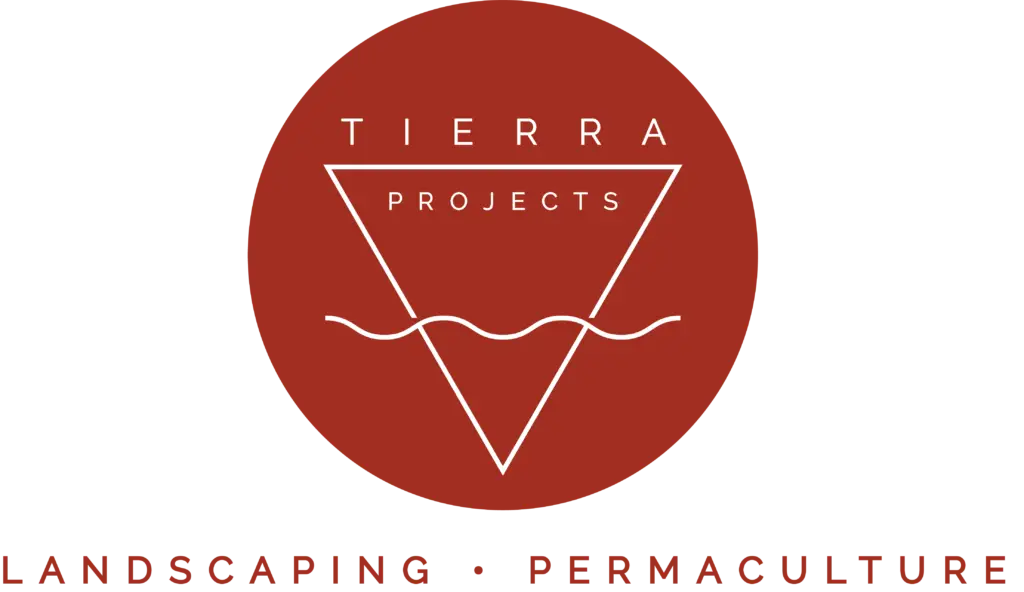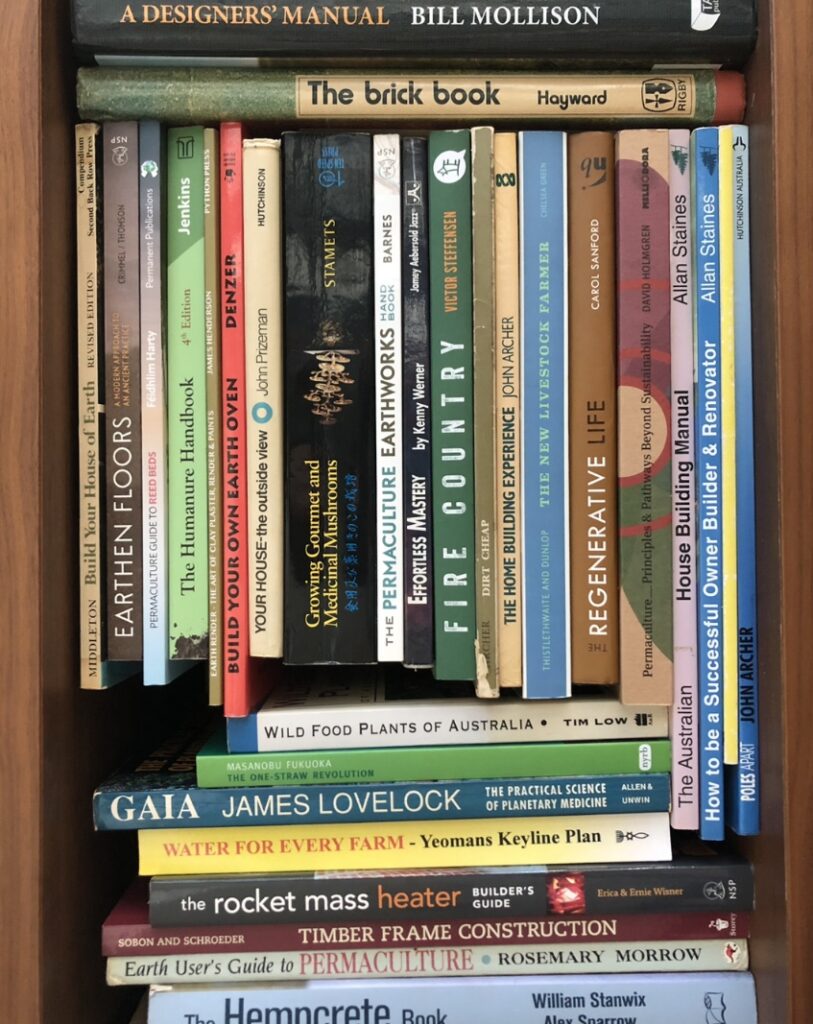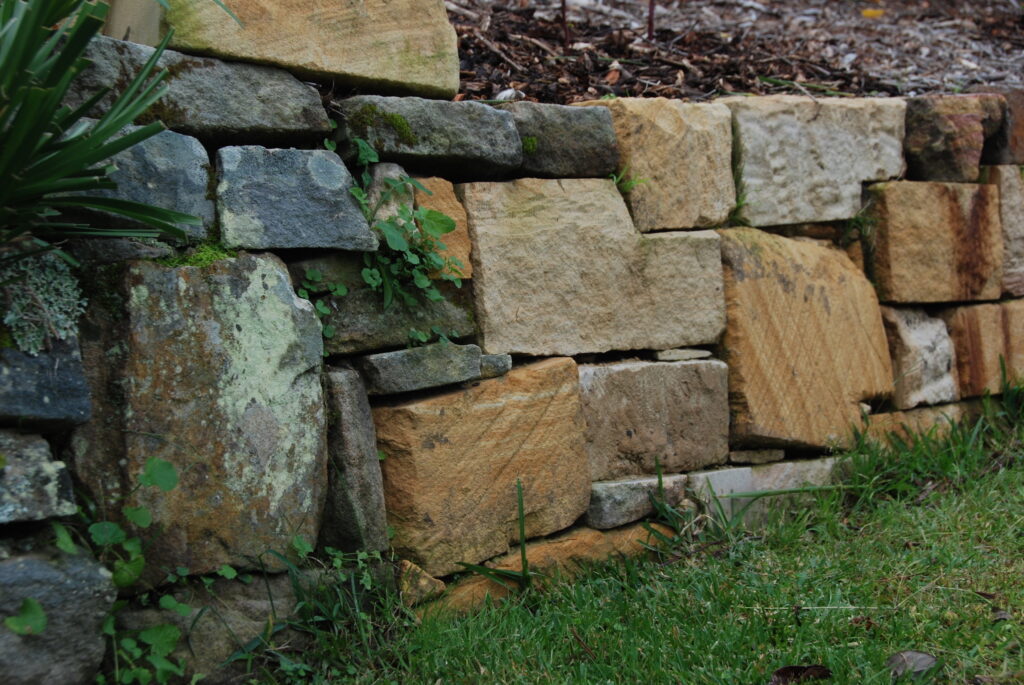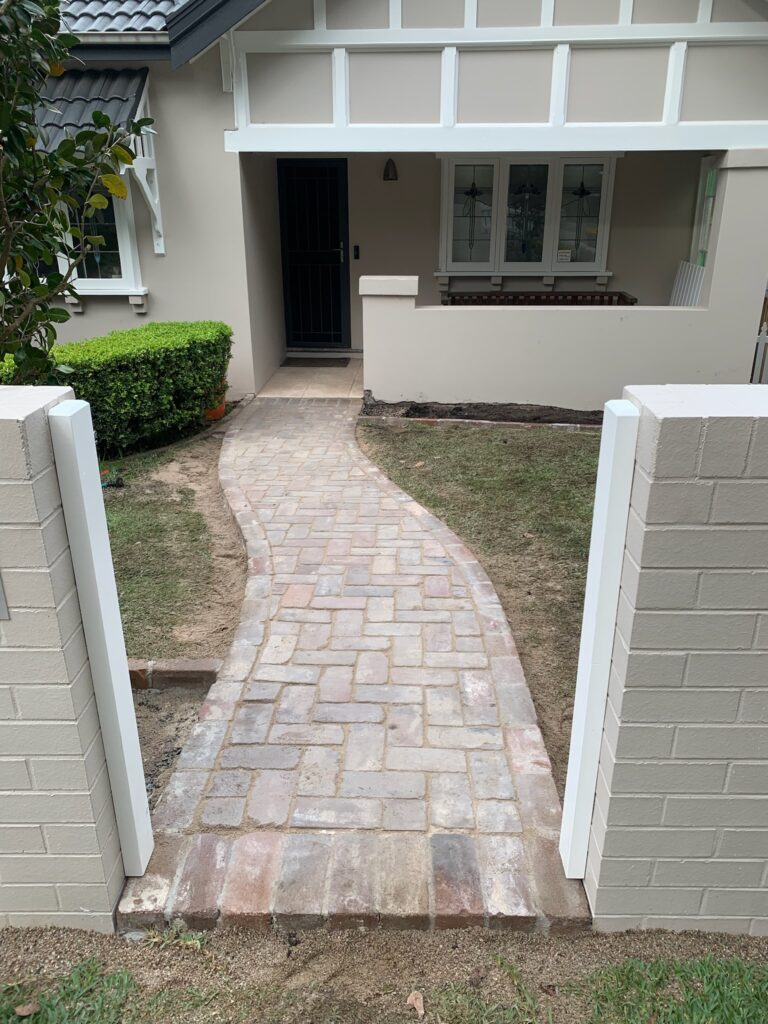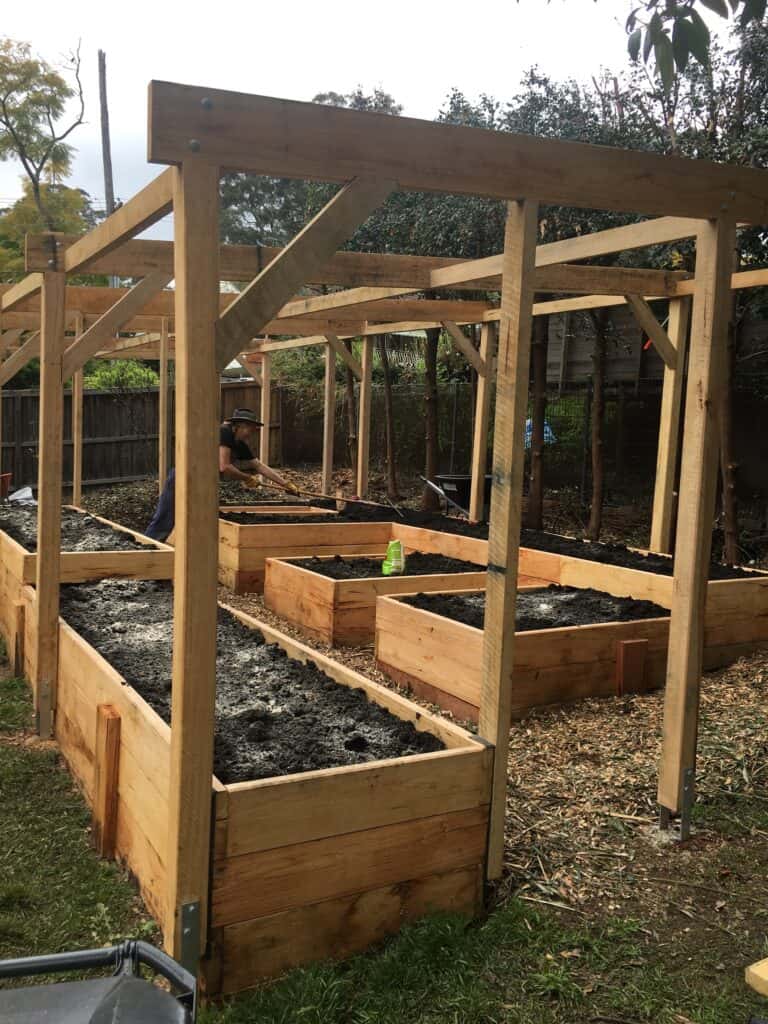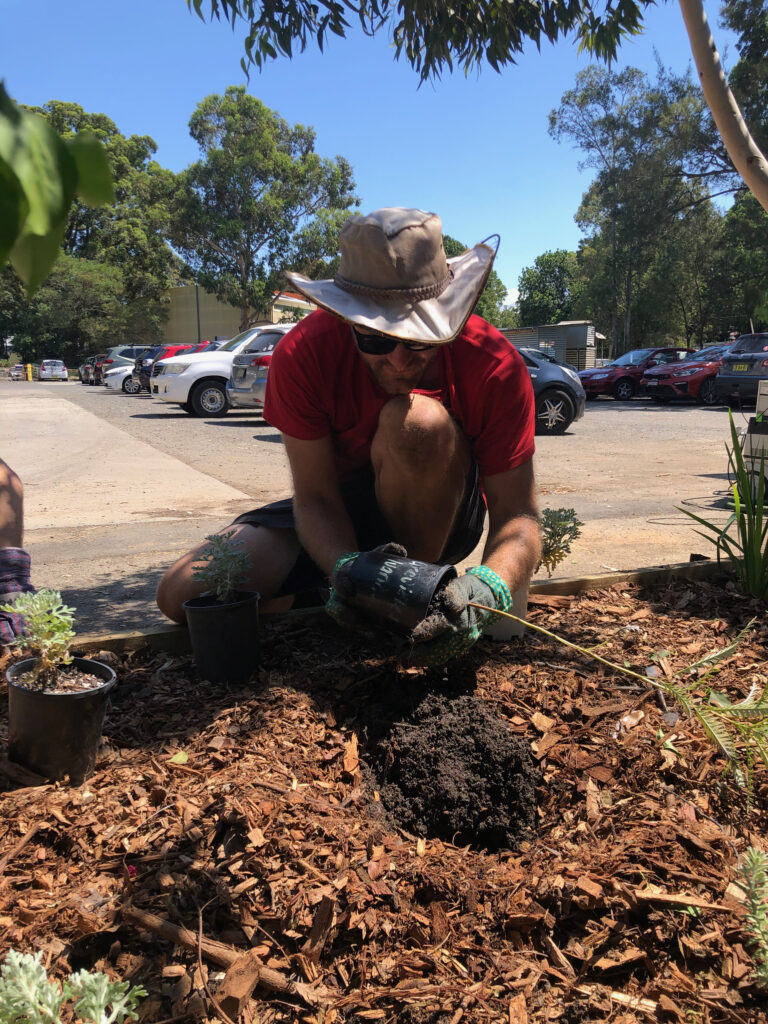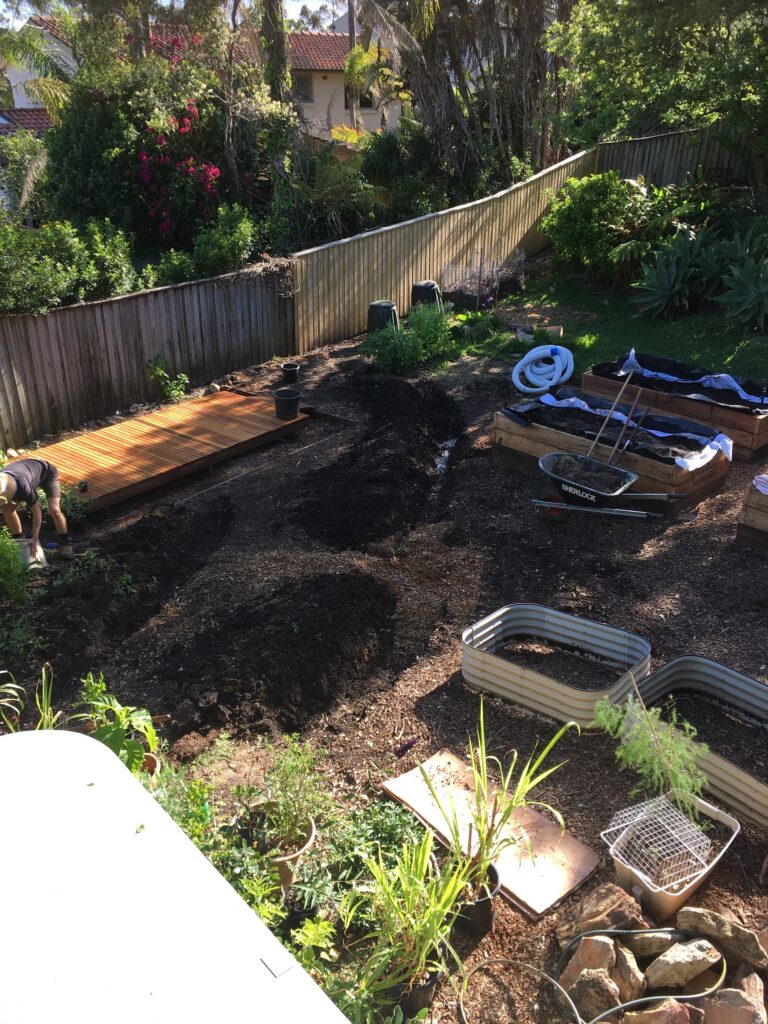A thriving, lush garden doesn’t have to rely on harmful chemicals. By adopting chemical-free garden maintenance practices, you can create a healthy and sustainable outdoor space that supports biodiversity and promotes long-term plant and soil health while having a positive impact for local ecologies and waterways. Here’s how you can keep your garden flourishing—naturally.
1. Build Healthy Soil with Sustainable Gardening Practises
The foundation of a vibrant garden starts with nutrient-rich soil. Instead of synthetic fertilisers, opt for organic solutions like:
- Compost: Decomposed organic matter provides essential nutrients and improves soil structure.
- Mulching: Applying organic mulch (such as straw, leaves, or wood chips) helps retain moisture and suppress weeds, it also acts as a slow-release fertiliser, feeding the soil and releasing nutrients over time as the mulch breaks down.
- Natural Amendments: Revitalise depleted soils and kickstart your garden with amendments such as rock dust, dolomite lime, aerated compost tea, manures, mushroom compost and biochar.
- Diverse Plantings: Design your garden to include a variety of plant species of varying sizes, bonus points if those plants are food crops or local natives.
2. Natural Pest & Weed Control
Chemical pesticides and herbicides are harmful to wildlife, waterways and all life systems. Try these eco-friendly alternatives:
- Beneficial Insects: Ladybugs, lacewings, and predatory beetles keep pest populations in check. They can be attracted into your garden with various flowering annuals and perennials.
- Natural Sprays: Water soluble Neem oil products and other organic Garden sprays are sold in most gardening stores or you can DIY your own sprays with various household ingredients.
- Mulching & Manual Weeding: Suppress weeds with thick mulch layers and remove invasive plants by hand before they spread or produce viable seeds.
3. Sustainable Watering Practices
Reducing water waste is key to an eco-friendly garden. Implement these water-efficient strategies:
- Rainwater Harvesting: Collect rainwater in water tanks or barrels to use for irrigation. Plant and soil biology thrive with chlorine free water.
- Drip Irrigation: This slow-release system waters plants at the roots, reducing evaporation and runoff.
- Wicking Beds: Wicking beds can be installed in raised garden beds or in ground to provide water to adjacent plantings. See our blog post of wicking beds for more information.
- Efficient Watering Schedules: Watering early in the morning or late in the evening minimises water loss due to heat and wind.
4. Eco-Friendly Lawn & Plant Care
A chemical-free lawn and plant care routine can lead to a healthier landscape. Here’s how:
- Choose Native & Drought-Resistant Plants: Native species require less water and adapt better to local climates. There are various native grasses suitable for lawns in Sydney climate while Dichondra and Native violet make great ground cover options for shady areas.
- Mow at the Right Height: Keeping grass longer (about 7-10 cm) promotes deep root growth and reduces the need for watering.
- Organic Lawn Treatments: Use compost tea, seaweed extract, or natural amendments instead of synthetic chemicals.
Why Choose a Chemical-Free Garden?
By embracing organic gardening methods, you contribute to a cleaner environment, protect pollinators, cultivate a more resilient garden and are making a commitment to you and your families health. Small changes in your garden maintenance routine can have lasting benefits for your plants, the ecosystem and yourself.
Get Expert Help for Your Sustainable Garden
Looking to transform your garden into an eco-friendly paradise? Tierra Projects specialises in chemical-free garden maintenance, sustainable landscaping, and urban food growing. Contact us today for expert advice and tailored solutions for your green space!
